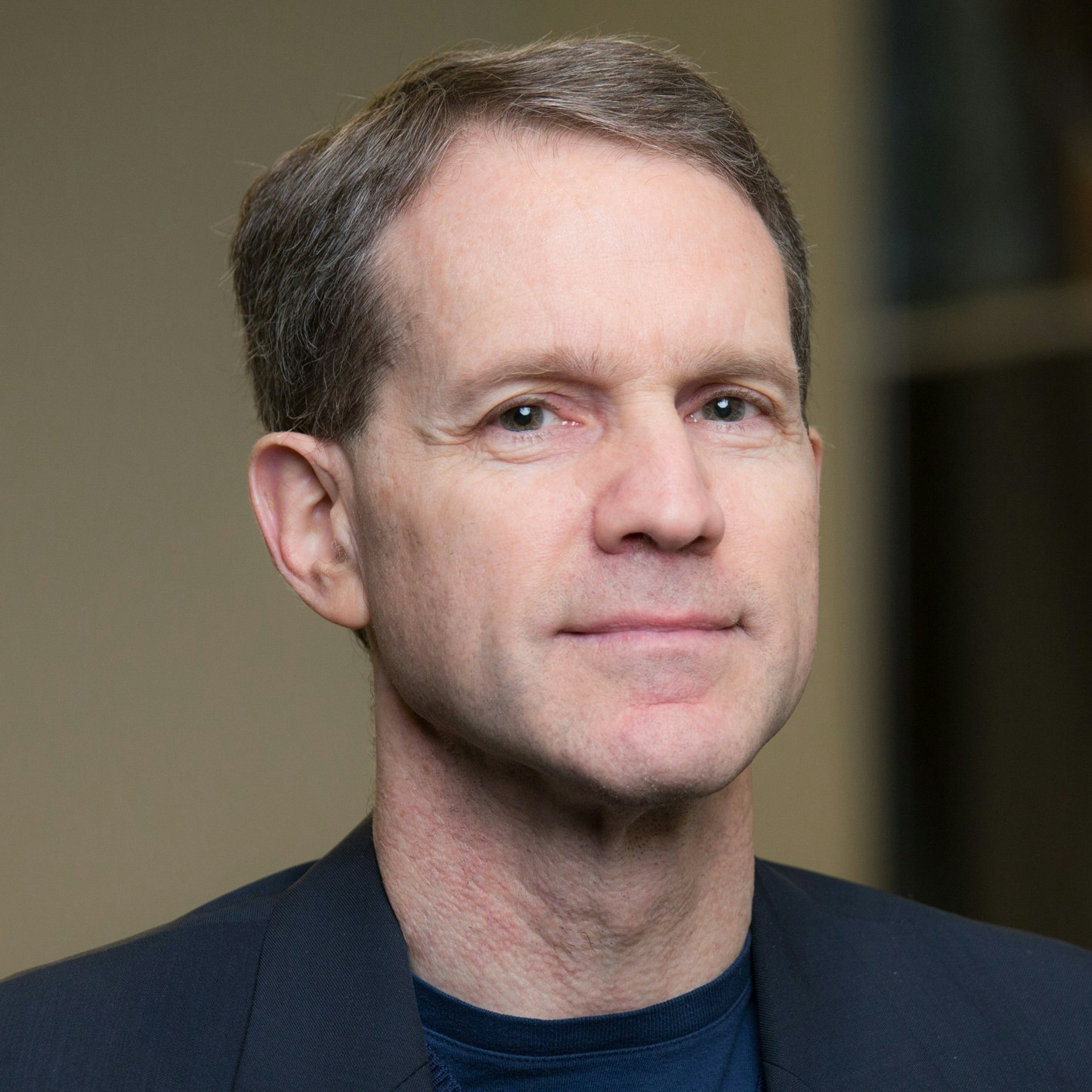Complementarity and the Struggle for Justice
By James Goldston
In recent weeks the International Criminal Court has once again sparked controversy, first by charging Sudan’s President Omar-al-Bashir with genocide, then by threatening to abort its first trial and free a Congolese warlord. Shortly thereafter, the African Union refused the ICC’s request to open a liaison office in Addis Ababa, and called on member states not to arrest Bashir. In Washington, the Obama Administration’s Special Envoy to Sudan expressed dissatisfaction with the genocide charge while the National Security Council backed it.
What the ICC does—for good or ill—matters. But undue attention on The Hague risks burdening the ICC with unrealistic expectations, and overshadowing local courts—which, one way or another, will try the vast majority of cases involving human rights violations and war crimes.
This would be a shame, particularly since there have been growing signs of progress at the national level.
Latin America in particular has experienced a wave of cathartic prosecutions of former leaders for serious crime in recent years. A year ago, the former president of Peru, Alberto Fujimori, was sentenced by that country’s Supreme Court to 25 years in prison for forced disappearances, summary executions, and arbitrary detentions committed during his first term as president, in the early 1990s.
And Latin America is not alone. Last month, prosecutors in Uganda—which has seen its share of violence—pledged to launch the country’s first ever domestic war crimes trial, of a former commander of the Lord’s Resistance Army, before the end of the year.
On July 26, a court in Phnom Penh, supported by the United Nations but staffed largely by Cambodians, completed a landmark trial of a senior Khmer Rouge official who oversaw the killing of thousands in the 1970s.
National trials are important for many reasons. They are located closer to the evidence, victims, and witnesses. They are more cost-effective than international tribunals. The judgments of national courts may carry more authenticity for local populations. And they are essential, since, at best, the ICC can prosecute only a few, most responsible perpetrators of mass atrocities—leaving countless others untouched by the law.
No surprise, then that, under the principle of “complementarity,” the ICC’s statute expressly defers to national authorities except where they are “unwilling or unable genuinely to” investigate and prosecute. As the ICC Prosecutor has explained, “National investigations and prosecutions, where they can properly be undertaken, will normally be the most effective and efficient means of bringing offenders to justice.”
Notwithstanding widespread agreement on the centrality of domestic justice, too little has been done to enhance national capacity to prosecute and try war crimes and crimes against humanity. Even in countries where the ICC is active, major donors have yet to incorporate these concerns into rule of law and development programs which run into millions of dollars, euros and pounds annually.
Thus, in the wake of 2008 post-election unrest in Kenya, which killed hundreds and displaced thousands, there has been virtually no training of legal actors in international criminal law. In war-torn Democratic Republic of the Congo, capacity to provide witness protection and security in a professional manner remains under-developed, although this is crucial to prosecution of violent crimes.
And both governments, like many others, have yet to demonstrate the political will needed to take on these kinds of cases on a regular basis.
In June, ICC member states from across the globe meeting in Kampala resolved to “enhance the capacity of national jurisdictions to prosecute the perpetrators of the most serious crimes of international concern.”
To translate these fine words into action, a conceptual shift is required. We can no longer continue to think of international and national justice as different worlds—but rather as distinct points on a common spectrum of activity aimed at ending impunity.
Prosecuting high-profile figures in The Hague is important—but no more so than the often-tedious task of improving the quality of local police, lawyers and judges.
In practical terms, the Assembly of States Parties, the ICC’s governing body, must make national complementarity a priority. A good first step would be to create a working group to foster enhanced coordination among donors, develop a toolkit of necessary assistance, and marshal political capital when needed to prompt prosecutions.
The United States and major European supporters of rule of law reform must align their diplomatic rhetoric in support of accountability with their development agendas, which often overlook it.
And civil society watchdogs must do their part—to point out where government promises—to spend wisely or to prosecute without favor—fall short.
The struggle for justice won’t be won in The Hague if we don’t do more on the ground.

James A. Goldston is the executive director of the Open Society Justice Initiative.